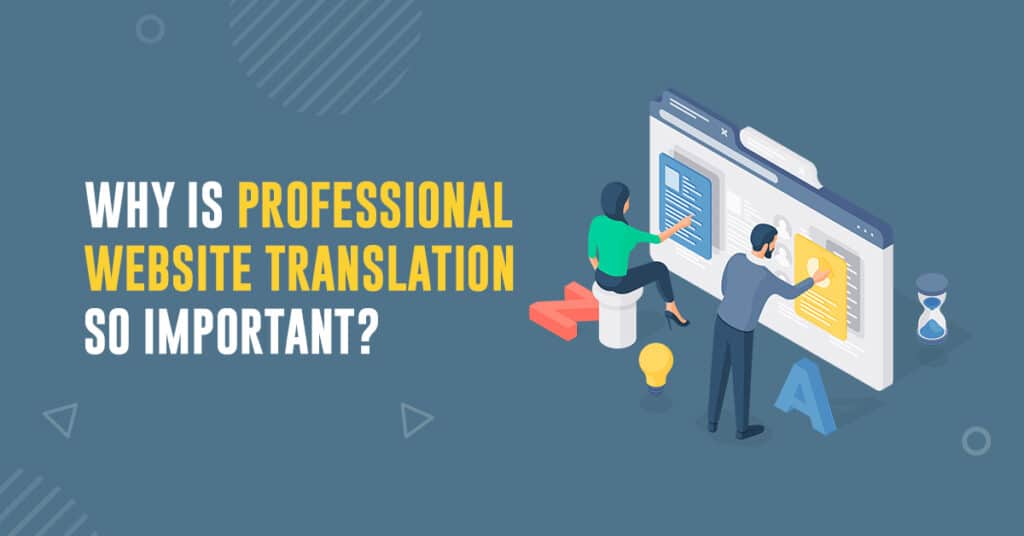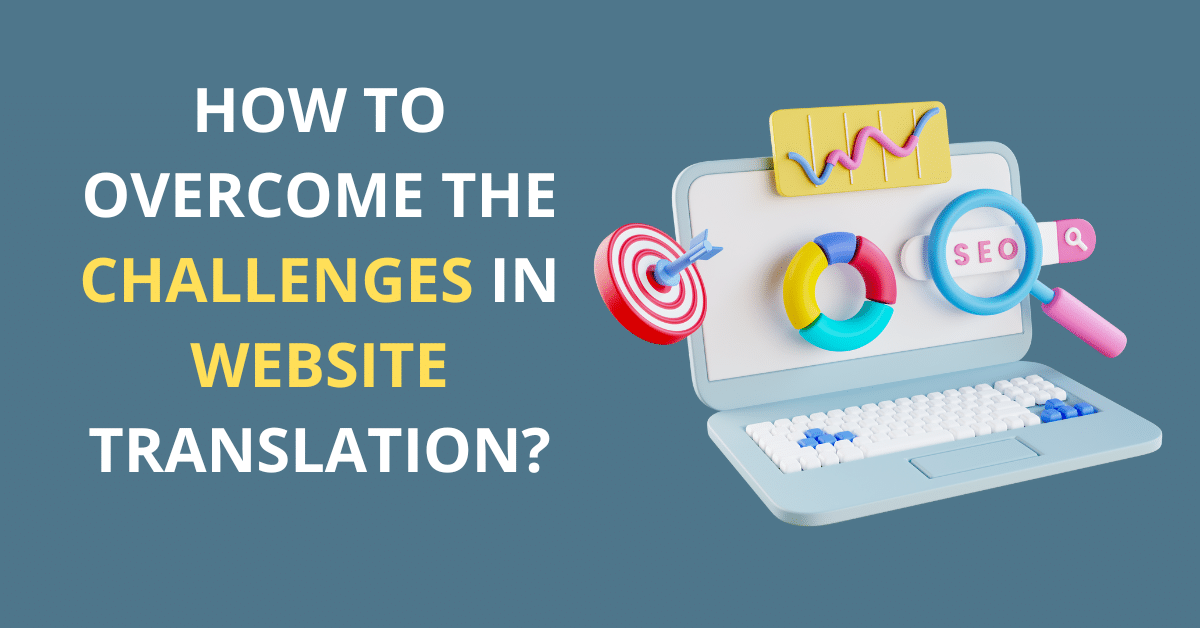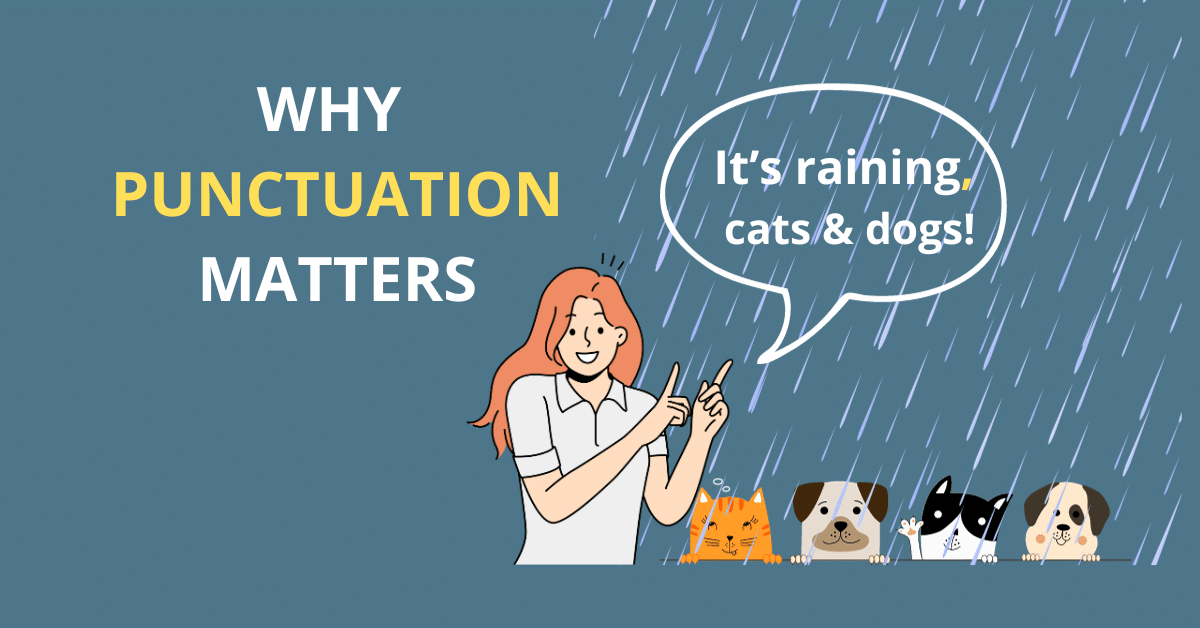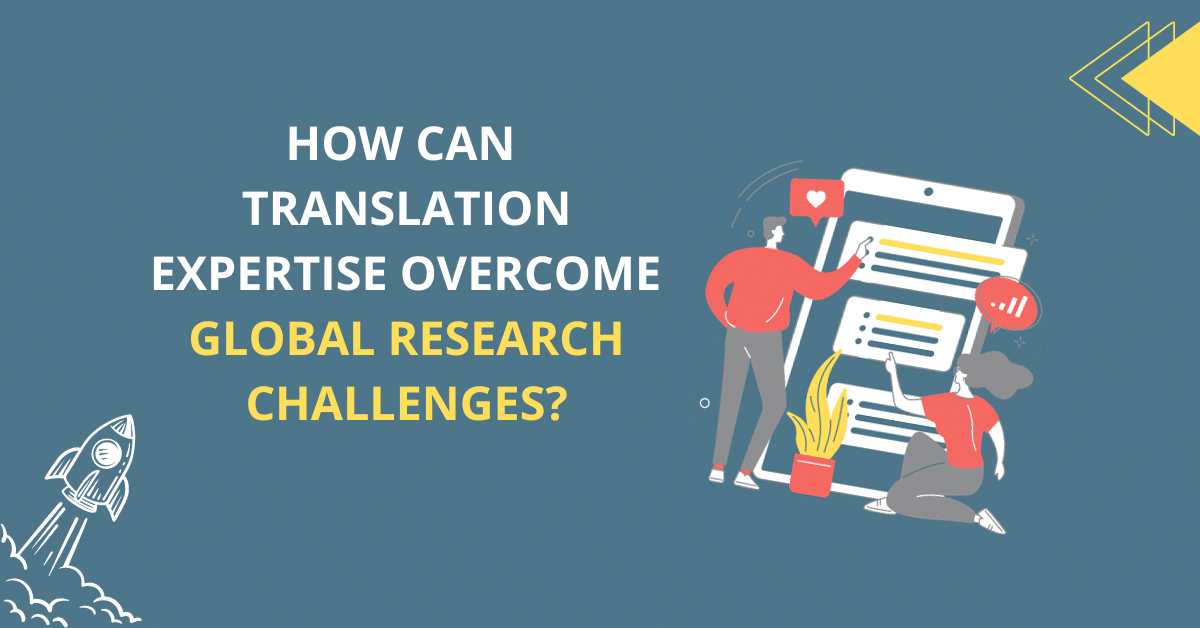Communication and accessibility are key elements in today’s business environment.
Technology and changes to standard procedures have contributed to the fact that commercial reality is mostly virtual and many crucial business transactions and operations happen online, especially since COVID-19. That’s why more and more people in all business sectors are deciding to build and run their own websites.
Obviously, most people start by designing a page in their native language. However, as a business owner you may want to consider expanding your reach and gaining foreign clients. And for that, you’ll need to have your web pages translated as professionally and accurately as possible.
If you’ve been wondering how to translate a website and whether professional website translation services are worth your time and money, keep reading…
In this article, you’ll find the answers to your questions and we’ll also explain why letting a professional handle translating the contents of your web page is your best bet. Here’s everything you need to know:
Website Translation – Is It Really Necessary?
Why even translate your website in the first place? After all, a lot of people know English to some extent, or are willing to use Google Translate if they are unfamiliar with this language. Also, data shows that 25% of online content is in English. So why bother?
Let’s look at the statistics more closely. English is the dominant language online, but the second most popular language used on the internet is Chinese, making up a little over 19% of web content. The next 8 most widely spoken languages make up close to 24%. That’s one of the reasons why you should aim to have a multilingual website.
The other reason why you should translate your website stems from yet another research finding. It turns out that if a website is written in their own language, 75% of people are more likely to make a purchase.
Types of Website Translation Services
Depending on your professional sector and needs, you ought to consider different types of services to translate your website. These include, but are not limited to:
- Standard translation. This is the simplest form of translation, carried out on a word-for-word basis. It might be fine for some pages on your website, where the source text is fairly uncomplicated. More often than not, you’ll need more advanced services to translate your site’s content more accurately.
- This strategy is used whenever standard translation can’t be applied. This includes cases where the language on your website is too complex or nuanced to let Google Translate handle it. Translators who use localisation are mindful of culturally specific items, idiomatic expressions, problematic proper nouns and other complex phrases that can’t be translated word-for-word.
- This strategy requires the greatest amount of creativity and linguistic prowess from a translator. That’s because sometimes standard translation is not enough. When you translate a website, your goal should be to make the content understandable to your target audience, and sometimes your native language might feature expressions that are non-existent in your target language. A translator may then come up with a completely different slogan for your website to convey the message as accurately as possible, and to make sure your target audience understands your brand’s purpose and character. This is known as transcreation.
Technology and Translation Plugins
Some companies use technology to translate their websites. With the right tools it’s doable, and may prove effective in terms of simple texts. The most popular solutions include:
- Google Translate and other free online translation software. You can use it to translate the copy you already have. Many people use Google Translate for various reasons – it’s fast, it’s free, and it generally deals quite well with uncomplicated texts. However, this solution is far from perfect. In terms of more complicated structures and specialised vocabulary, Google Translate and other online translation programs have issues with grammar and word choice. Additionally, free machine translation tools can have a negative impact on your SEO. That’s because search engines like Google value your original copy more than automatically translated content.
- Translation plugins. These are offered by hosting platforms as additional features. Once you install them, you let foreign users access your website and read it in their native language right away. They usually have to click a button to see the translated text, which is often a product of the aforementioned Google Translate. The downside? These texts are often full of grammatical errors, feature weird or unnatural vocabulary choices, and can sometimes sound awkward or even offensive. Of course, you can let your visitors translate web pages on their own. However, you need to bear in mind that these translations will be far from perfect, and low quality can hurt your brand and business performance.
Human Translation or Machine Translation?
Obviously, machine translation has some benefits. Many companies use translation plugins, Google Translate or other online translation programs to save time and money. Such solutions are quite effective when it comes to translating copy for basic understanding purposes only. However, these methods are not foolproof, and sometimes human input is simply crucial.
If you really want to test foreign markets and find new clients, it’s better to hire a professional translator and let them work their magic. Professional translation experts know how to deliver quality content that will help you connect with your target audience due to their excellent language skills and cultural awareness. Their choice of language is intentional, they may use certain translation strategies to convey hidden meanings, cultural nuances, or persuade the audience – it’s something that no machine or AI software has learned yet. That’s why, in many cases, human translation beats machine translation.
How to Translate a Website?
You may be wondering what it takes to translate the web page of your choice. Is it really that hard? If you want to know how to translate a website, keep reading – we’re going to list all the steps below.
- Obtain the original copy. Before you start translating your web page, you need to have the original copy that’s fully signed off and ready to be translated. Make sure you have the final version because making changes whilst you’re in the process of translating can be really problematic and will prolong the process further.
- Ensure the domain allows for multilingual content. You need to make sure your website can accommodate multiple language versions. For that, you’ll likely require a specific plugin. For example, in the case of a WordPress website, you’ll need Polyang, TranslatePress, or WPML.
- Translate the copy to your target language or languages. Now you can start translating the contents of your web page to the target language (or languages) of your choice. Bear in mind that you’ll need to translate all kinds of texts appearing on your website, as well as captions on videos and images if there are any. Of course, you don’t have to do it on your own – that’s what professional translation agencies are for! Experts will translate your website for you, and you can rest assured that the job will be done well and in a timely manner.
- Localise the content. If you want the translation to be good, you can’t translate word-for-word. Depending on your business sector and industry-related vocabulary, there might be some linguistic nuances that only expert translators will be able to render. They will produce localised translations, which are translated texts produced with all the linguistic and grammatical nuances in mind, including puns, currencies, culturally specific items, proper nouns, and so on.
- Include multilingual SEO. Ultimately, you want your website to perform well and achieve high ranking regardless of the language. For that, you’ll need to optimise your content according to the best SEO practices. Your best bet is to make your website visible and accessible in the native language of your target audience. Foreign markets have their own internet searching habits, and their SEO needs differ. That’s why you should hire a professional translator with SEO knowledge – this person will be able to translate your website and optimise its contents accordingly.
Benefits of Website Translation Services
As you can see, the process of translating web pages can be quite complex. That’s why you should consider looking for professional website translation services. This solution has several benefits, including:
- Hiring a professional translator guarantees that your content will be translated properly, no matter how obscure the niche. Expert translators specialise in specific areas and deal with specific types of content on a daily basis. They also have the right tools to do it quickly and efficiently. They know how to handle your web page and its contents, and they’ll do it in such a way that the final product will be understandable to your target audience, regardless of their native language. The texts are also reviewed for optimal accuracy and credibility.
- SEO-friendly and user-friendly content. A professional translator knows how to translate texts according to browser and search engine norms whilst keeping them understandable to target audiences. After all, you need to find the balance between content that’s readable to search engine crawlers and to your visitors
- Wide reach. With a web page translated into any target language, you’ll now be able to reach potential customers who are native speakers of that language. Not everyone knows English, and even for those who do, it’s still better to cater to their needs and translate the contents of your web page into their native language. This strategy allows you to reach a wide audience – after all, 3/4 of the total number of online users between them speak the 10 most popular languages in the world.
- Effective communication with foreign audiences. Without a doubt, machine translation is faster, but texts translated by human translators are better in terms of quality and accuracy. You can decide to use Google Translate and call it a day. However, you risk displaying texts that are nowhere near the language standards of your target audience. This will do your business more harm than good.
Final Thoughts
Today’s world is highly digitised and an increasing number of business transactions, operations and research happen online. That’s why professional website translation services are so crucial – after all, your website is your digital business card, allowing customers from all over the world to get to know your product or service better.
Fortunately, you don’t need to be a polyglot or language expert yourself. Many professional agencies offer to translate pages into almost every language imaginable. Regardless of the nationality of your target audience, translation experts will ensure that the contents of your website are translated as accurately as possible, paying due regard to linguistic and grammatical nuances. You may be tempted to use translation plugins and other machine translation tools. However, your site will rank higher if a human translator handles the original copy.
Do you have a business website and are in need of a translation service? If so, don’t hesitate: simply contact us to get a quote.




